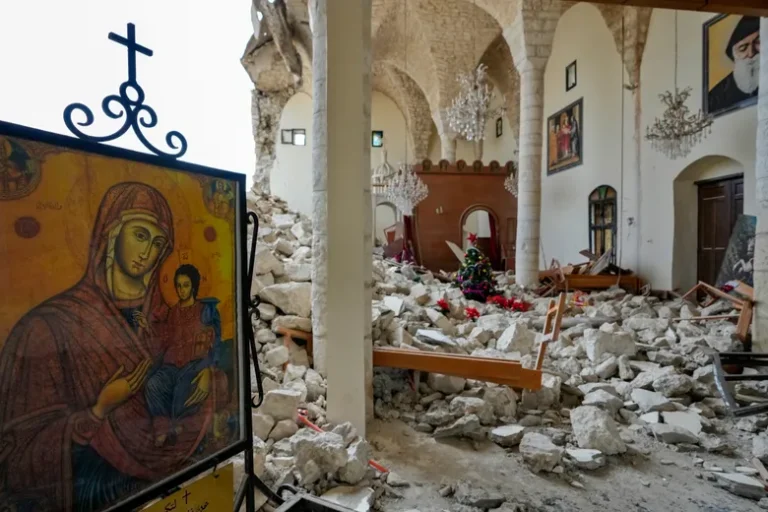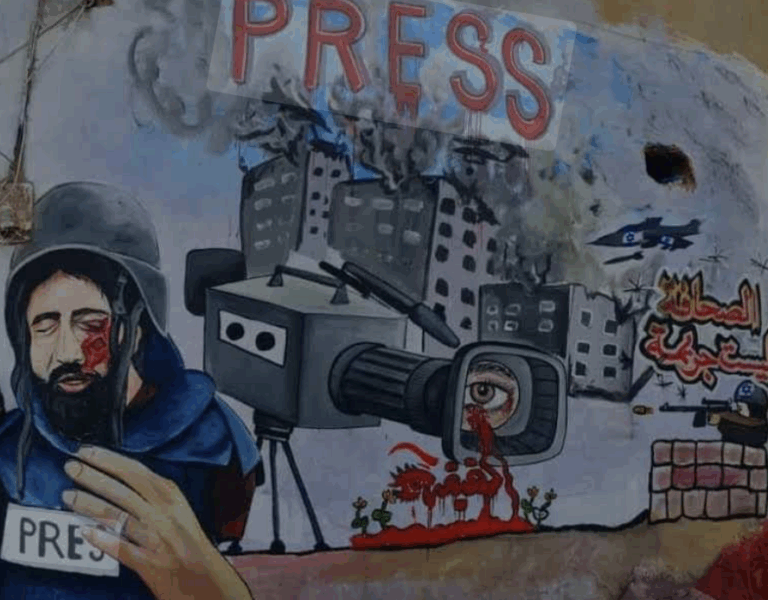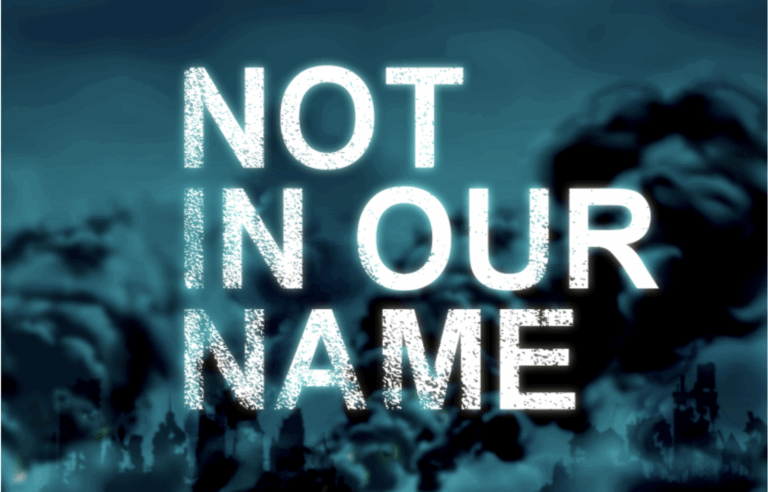by Andrea Tucci,
Normalization with Israel does not represent a neutral choice, but a political and ideological decision that hides serious dangers for Lebanon and its national unity.
The Danger of the Zionist Project for Lebanon
From its inception, the Zionist project has not been limited to promoting the creation of a “Jewish state” in Palestine; it has also sought expansion into Lebanon. Israeli attacks against the “Land of the Cedars” date back even before the founding of the Palestine Liberation Organization in 1964. Various reports have documented plans to annex territories in southern Lebanon and destabilize its borders through the creation of “agricultural settlements.” In this context, attacks on border villages, infrastructure, and farms in the south must be understood as aimed at driving the local population into exile or submission.
Moreover, Israel works to undermine internal stability by fueling sectarian divisions, promoting sabotage, and carrying out assassinations intended to trigger civil conflicts. A telling example is the speech given last year by the Israeli Prime Minister, in which he addressed the Lebanese not as a single people, but as Christians, Sunnis, Shiites, and Druze—never once mentioning the word “Lebanese.” The aim is clear: to fragment national identity and reduce citizens to opposing religious communities. This is the same strategy applied in Palestine, transformed into a confessional colony-state granting full rights only to followers of a single religion.
This vision of identity seeks to disintegrate Lebanese society into small, rival confessional entities—impoverished, weak, and devoid of sovereignty—easily manipulated, against which wars can be waged and resources plundered.
The Danger of the Zionist Project for Christians
It is no coincidence that Israel has supported “Christian“ just as it has backed “Sunni,” “Druze,” and “Kurdish” groups and governments in Syria, or “Shiite” organizations in Azerbaijan and elsewhere. Unfortunately, in Syria, the Jolani regime continues to perpetrate massacres against Alawites and Druze, causing the fragmentation of the country into rival entities, deliberately supported by Israel to keep them in the future under the control of the Zionist entity.
As the late Patriarch Sfeir, Maronite (Patriarch of Antioch* and of all the East from 1986 to 2011), stated: “Israel cannot accept peace in Lebanon because democracy is contrary to its ideology.”
Although Lebanon has been considered a homeland for Christians for centuries, occupation and political and military pressures have driven many to emigrate. The exodus of Palestinian Christians is the clearest proof. Despite Israeli propaganda claiming that Zionism protects Christians, the Churches of Palestine have repeatedly addressed the international community, denouncing the occupation and its aggressive policies.
Exposure to Loss of Sovereignty
It is essential to reflect on the genocidal mindset applied in Gaza: nothing prevents the same logic from being applied in Lebanon one day for strategic purposes. There are many lessons to be learned from Gaza, but capitulating to a genocidal enemy only exposes the country to loss of sovereignty, looting, forced displacement, and even the risk of extermination when the occupier’s interests demand it.
Some argue that normalization could open economic opportunities, citing the Gulf countries as examples. But the reality is different: those countries do not share borders with Palestine and therefore do not face Israeli territorial ambitions, even though threats such as those directed at Qatar show that diplomatic relations do not guarantee security.
If Lebanon or Syria were to fall under Zionist control, there would be no prosperity—only repression and impoverishment.
The Way Forward
Opposing the Zionist project does not necessarily mean waging war or siding with Iran. Rather, it means that the Lebanese people must work to strengthen their internal unity.
It is necessary to develop a theological discourse against occupation, as part of a broader discourse against all forms of injustice, internal or external—a message rooted in the Gospel that emphasizes human brotherhood and its values: freedom, sharing the earth’s goods, and justice. Occupation deprives people of freedom, plunders resources, and prevents a dignified life.
Those who care about protecting their country and its people must base their national belonging on the principle of citizenship, not on confessional communities. Only in this way can a single homeland be built that guarantees rights and dignity for all, regardless of religion. Accepting the Zionist project means accepting division and decline; opposing it means defending the present and future of one’s country.
*Antioch (today the Turkish city of Antakya, in southern Turkey near the Syrian border) was for centuries one of the most important cities in the Hellenistic world and later in the Roman Empire, earning the nickname “Rome of the East.” It is also a key site in Christian history: according to the Acts of the Apostles, it was here that the followers of Jesus were first called “Christians.”
Photo of the article: St. George Melkite Catholic Church, that was destroyed by Israeli airstrike, in the town of Dardghaya in southern Lebanon,



